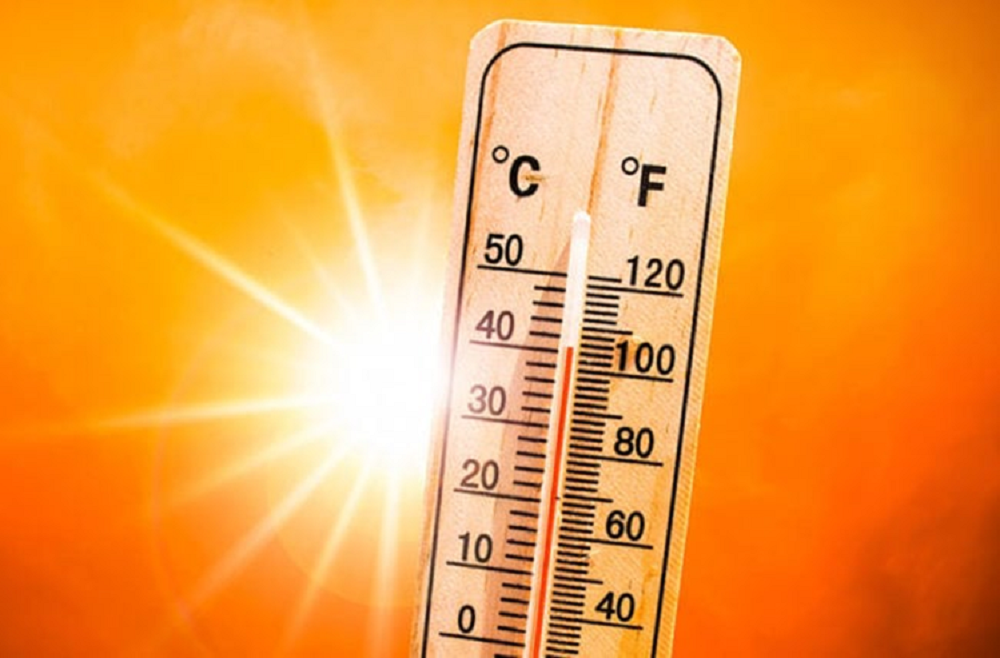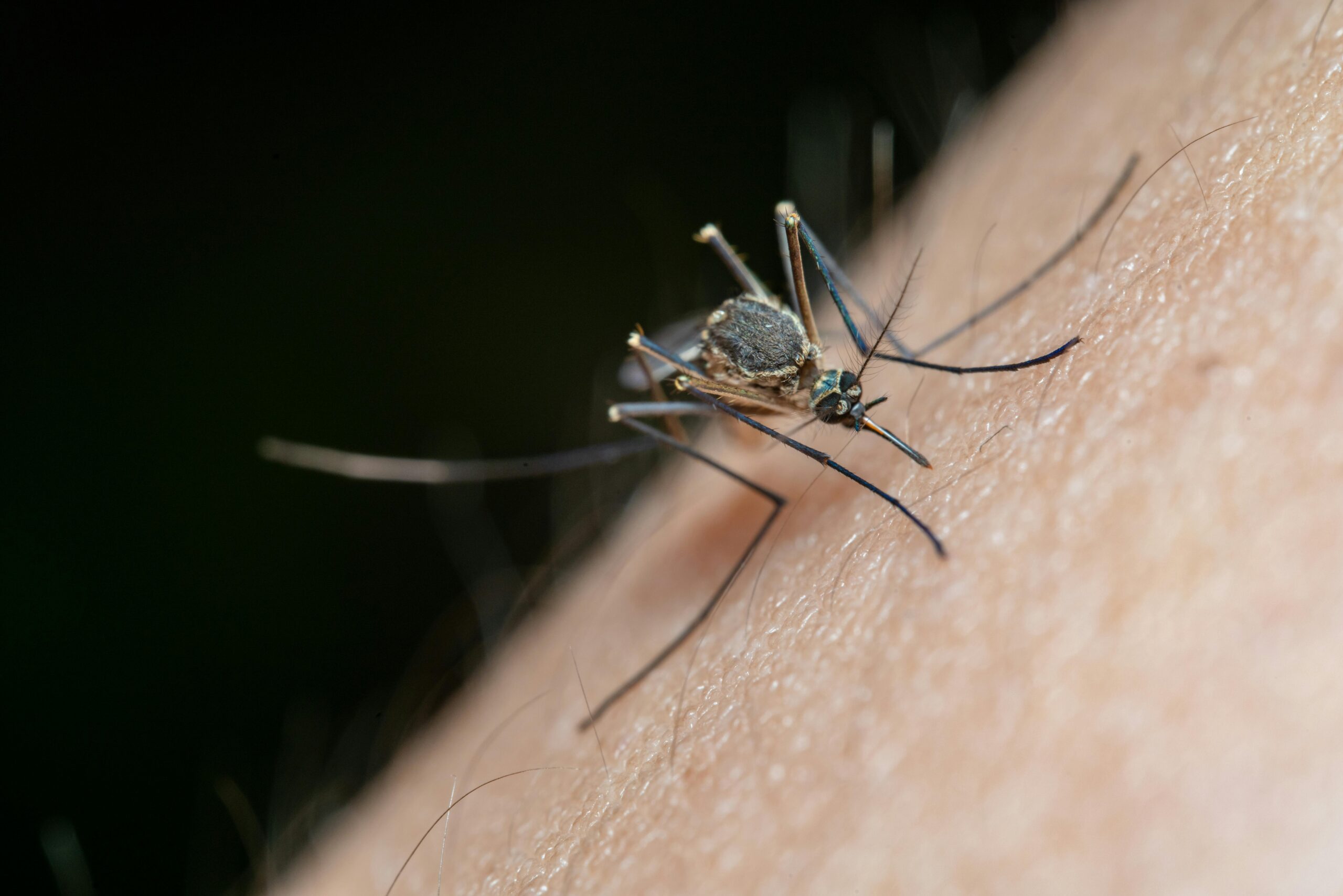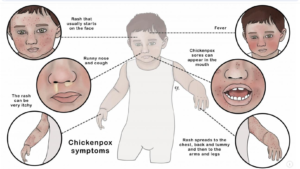How weather can affect your blood sugar
We often look forward to a change of seasons and warmer temperatures. But if you have diabetes, you may be especially sensitive to the hot weather of summer.
Extreme heat can affect your blood sugar control. If you use insulin or your blood sugars aren’t effectively controlled, you could be at higher risk during the summer months. Worsening blood sugar control is often the main concern, and depending on your level of activity, developing low blood sugars may also be a concern.
If you’ve had complications from diabetes that have damaged the nerves to sweat glands, you may be unable to sweat properly. This can become serious as outdoor temperatures rise, leading to heat exhaustion and heat stroke.
properly. This can become serious as outdoor temperatures rise, leading to heat exhaustion and heat stroke.
Extreme temperatures can also damage your medications and testing equipment, says Dr. Marwan Hamaty, endocrinologist at Cleveland Clinic, Ohio. “I always remind my patients to take precautions to protect themselves and their supplies during both winter and summer.”
He says it’s important to get a handle on your blood sugar control before you engage in summer fun. “If your blood sugars are mostly higher than 250 mg/dl, I recommend improving your blood sugar control before engaging in heavy physical activity — regardless of the climate and the temperature, as recommended by the American Diabetes Association.”
Dr. Hamaty also advises that the extreme heat of summer affects blood sugar levels. How the heat affects your levels depends on what you’ve eaten, whether you’re well-hydrated and your activity level.
If the heat and your activity make you sweat a lot, you may become dehydrated, leading to a rise in glucose levels. “If you become dehydrated, your blood glucose levels will rise. This can lead to frequent urination, which then leads to further dehydration and even higher blood sugar levels — a kind of vicious cycle,” he says.
Things can become even worse if the treatment includes insulin: “Dehydration reduces blood supply to your skin and, therefore, the ability of your body to absorb the insulin you’ve injected is reduced,” he says.
Most types of insulin can tolerate temperatures up to 93-95 degrees Fahrenheit. Exposing your supply to anything higher than this will make the medication quickly break down. Be careful and pay attention to any insulin you’re carrying with you in the heat.
While it’s fine to store insulin and glucagon in the refrigerator, hot temperatures (as well as freezing temperatures) will cause the medications to degrade, making them ineffective and unusable. High temperatures can have a negative effect on other medications and diabetes management supplies too. Don’t forget about the weather’s effect on things like test strips and monitoring devices. When the mercury begins to rise, these items can change in their effectiveness.
Physical activity usually causes blood sugar levels to decrease, reducing your need for insulin. The sudden addition of exercise may put you at an increased risk for low blood sugars.
Therefore, if you’re active in extreme heat, know that you’re at high risk for both low and high blood sugars. This means you should take extra precautions and monitor your sugar levels before exercising.
“I advise my patients to maintain warm skin and adjust insulin dosage prior to engaging in physical activity because insulin adjustment could vary significantly,” says Dr. Hamaty. “But don’t allow the heat to keep you indoors. It’s OK to participate in outdoor activities and enjoy all types of weather as long as you take a few precautions.”
Dr. Hamaty also suggests seeking input from your doctor regardless of the temperature before adding physical activity to your routine.
Follow these tips to help manage your diabetes while enjoying the outdoors:
- Drink plenty of water.Staying hydrated is important for everyone during physical activity, and it’s especially critical if you have diabetes.
- Avoid becoming dehydrated.Carry small bottles of water or low-calorie electrolyte-replenishing sports drinks in a backpack or on a belt while you’re hiking or playing sports.
- Adjust your insulin as needed.Ask your provider or diabetes educator how you should adjust your insulin (and sometimes eating extra carbohydrates) before exercising. Typically, your first few doctor’s visits focus on urgent issues, such as getting diabetes under control. Ask about how to adjust your insulin so you can prepare to be physically active.
- Test your blood sugar levels frequently.Since hot temperatures can cause blood sugar levels to fluctuate,
 it’s a good idea to test more often. That way, you can take appropriate and immediate action to keep your levels stable. You should continue frequent monitoring for several hours after you’re done with your workout or other activity. That’s because the effects of activities on blood sugars usually last for a longer period of time.
it’s a good idea to test more often. That way, you can take appropriate and immediate action to keep your levels stable. You should continue frequent monitoring for several hours after you’re done with your workout or other activity. That’s because the effects of activities on blood sugars usually last for a longer period of time.
- Keep items to treat low blood sugar with you. This includes glucose tabs or glucose gel. If you’re at high risk for very low blood sugar (if you have frequent low blood sugar or had very low blood sugar previously), you should also have a glucagon kit available.
- Take some snacks with you.Some snacks can serve as a meal replacement while others help prevent low blood sugar. Discuss possible options with your dietitian.
- Protect your medication and supplies. Take proactive steps to protect your insulin, glucagon kit and other supplies before you head outdoors, regardless of the temperature. Consider a car cooler that plugs into a 12-volt car adapter to keep your supplies at the proper temperature. This will keep the temperature stable for some time. If you’re going away from your car for an extended period, you’ll need to take your supplies along with you. If you are on insulin pump, be sure to protect your insulin pump from high temperatures. Depending on the situation and how long your activity will be, you might simply need to monitor your glucose more often. In certain circumstances (if it’s extremely hot or you’re out for an extended amount of time) consider using a long-acting insulin temporarily along with meal insulin injection instead of an insulin pump.
- Avoid sunburn. You can get sunburned while skiing on the slopes or while hiking in the summer. Sunburn stresses your body and can raise blood sugar levels. Use a broad-spectrum sunscreen and wear protective eye gear.
- Finally, limit how much time you spend outside in extreme temperatures. “While I advise staying active during the peak winter or summer months, I also tell my patients to try to take advantage of outdoors activities when temperatures aren’t too extreme,” says Dr. Hamaty. By taking a few precautions, you can enjoy an active, healthy lifestyle in most any weather.


 TCI News1 week ago
TCI News1 week ago
 Latin America and Caribbean6 days ago
Latin America and Caribbean6 days ago
 Caribbean News1 week ago
Caribbean News1 week ago
 Crime6 days ago
Crime6 days ago
 Bahamas News6 days ago
Bahamas News6 days ago
 Caribbean News1 week ago
Caribbean News1 week ago
 Bahamas News4 days ago
Bahamas News4 days ago
 Caribbean News6 days ago
Caribbean News6 days ago











